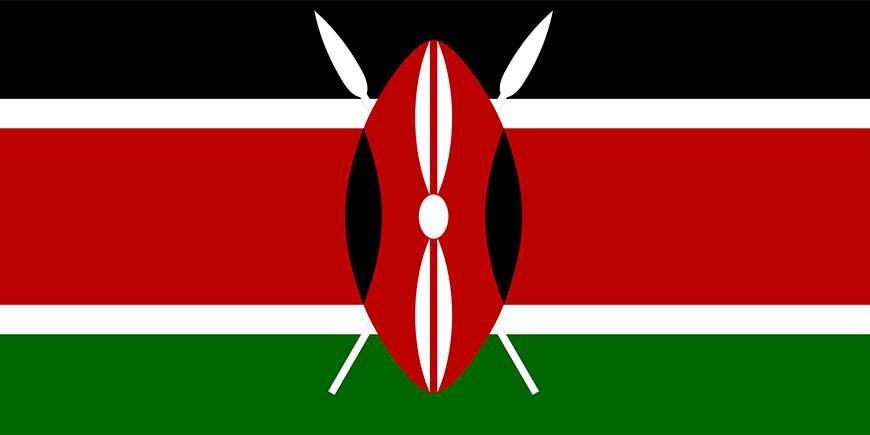
Thomas is fluent in Swahili, English and Kinyarwanda and currently is a member of the team providing our Swahili transcription service. We wanted to know what life is like as a Swahili transcriber.
KH: Thomas, where were you born?
Thomas: I was born in Tanzania but I have lived for some years in Kenya. I have a cousin who lives in London, so I visit the UK quite often.
KH: How long have you been transcribing audio and video files? I see that you speak Kinyarwanda, do you transcribe Kinyarwanda too?
Thomas: I have been transcribing files for around 5 years, and yes, I transcribe both Swahili and Kinyarwanda. Because I am perfectly fluent in English, I also provide direct translations from both Swahili and Kinyarwanda audio into English. This means that a client does not need to have a Swahili transcript prepared first and then pay for a separate translation into English.
KH: What is the advantage of this?
Thomas: If I produced a Swahili transcript first, then a subsequent translation cost would be calculated by the number of words. The client won’t know the end cost until I have completed the transcription stage. If I produce a direct translation from Swahili into English without an initial transcription, then the rate will be calculated by the source audio minute.
KH: So there are no surprises down the line?
Thomas: Exactly. Everybody knows what to expect from the outset. Not only is this solution more economical for the client, it ultimately saves a lot of time too.
KH: How long would it take you to transcribe 60 minutes of Swahili audio?
Thomas: Assuming good audio quality and no fiddly formatting requirements, I can normally finish this amount within a day or two.
KH: And if you are providing a direct translation from Swahili to English?
Thomas: This is obviously more time-consuming. I can probably handle around 20 to 30 minutes per day.
Learn more
If you would be interested in learning more about our Swahili transcription service, do please get in touch.
